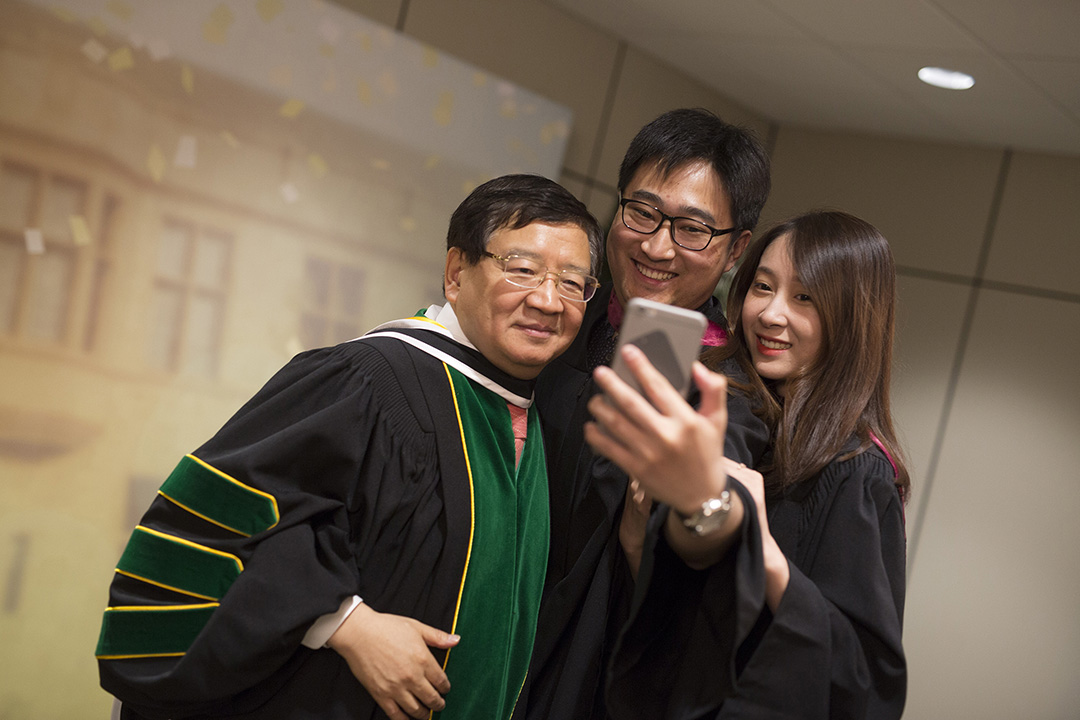
Setting the stage
Close to 3,700 students are expected to cross the stage at TCU Place to receive their degrees at Spring Convocation from June 4-7. Additionally, a number of individuals who have made a worthy and unique contribution to their community will be honoured during the convocation ceremonies.
During convocation, the university also hands out the Master Teacher Award, the Distinguished Researcher Award, the New Researcher Award and the University Staff Excellence Award. Here are this year’s honorary degree and award recipients:
Dale Claude
University Staff Excellence Award
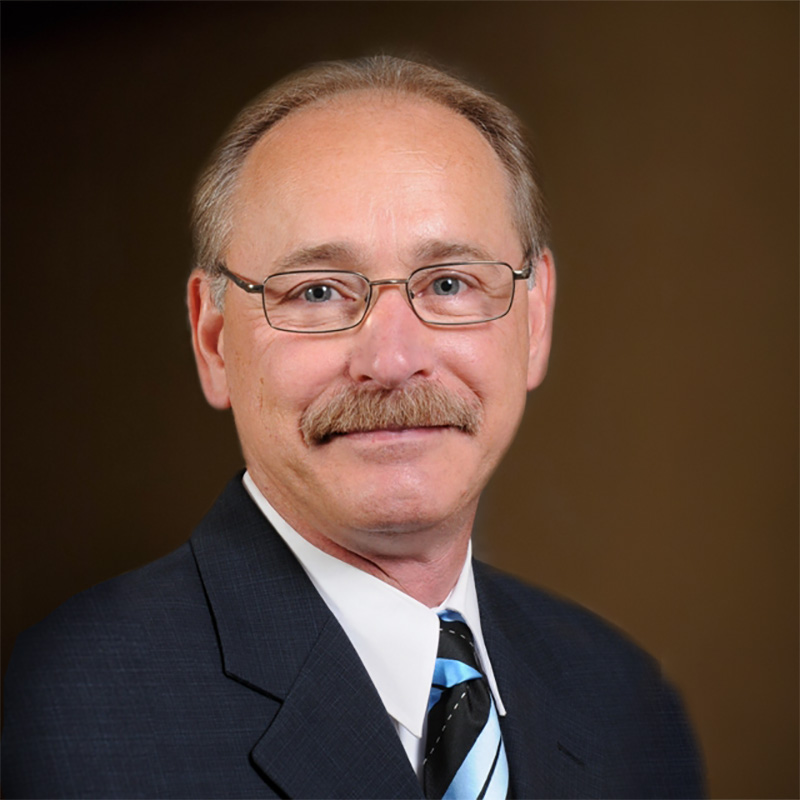
For close to 40 years, Dale Claude has improved the student experience in the College of Engineering as a lab co-ordinator in the Department of Chemical and Biological Engineering. He is an insightful and inspiring colleague who approaches his work with dedication, open-mindedness and inclusivity and has transformed the college’s undergraduate teaching lab from a dimly-lit room in the basement into one of the best in Canada. In addition to providing a world-class lab experience, Claude also mentors countless students who step into the lab, providing them with the necessary tools to tackle real-world issues.
Carl Gutwin
Distinguished Researcher Award
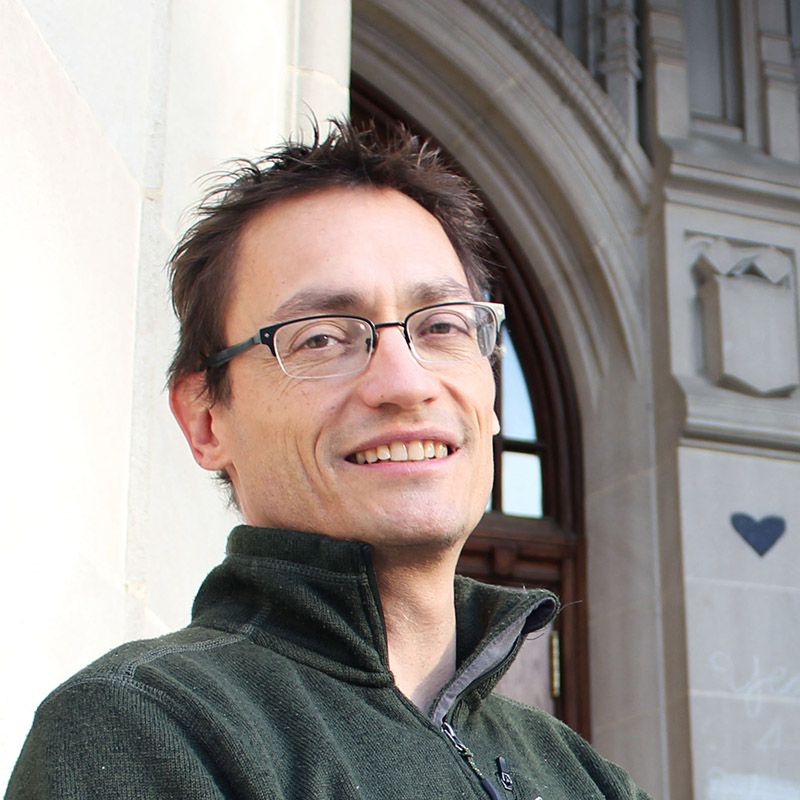
A professor in the Department of Computer Science and the co-director of the U of S Human-Computer Interaction Lab, Carl Gutwin is the world’s foremost expert on group awareness. His research on human-computer interaction has had profound impacts on the design and development of collaborative software. A former Canada Research Chair in Next-Generation Groupware, Gutwin’s pioneering research is now used in platforms such as Google Docs and Microsoft Office. A dedicated teacher and mentor, Gutwin has supervised more than 85 trainees, many of whom have gone on to become leaders in both academia and industry.
Joseph Garcea
Master Teacher Award
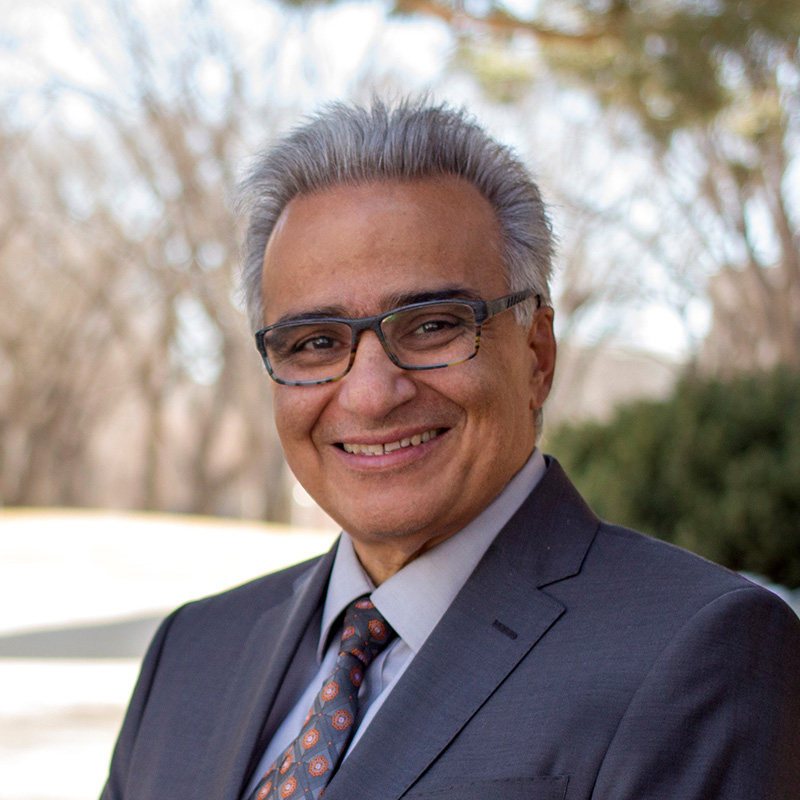
Joe Garcea is a dedicated, innovative and passionate teacher-scholar with a strong commitment to public outreach, linking the university to the wider community. A professor in the Department of Political Studies in the College of Arts and Science, Garcea has filled many prominent roles in Saskatchewan, including serving on provincial task forces and regularly appearing as a media commentator on political issues. Garcea’s contributions in areas of political studies, regional and urban planning, international studies, public administration, and the Aboriginal Public Administration and Global Studies programs have advanced the university’s indigenization, internationalization and interdisciplinary goals.
Timothy Jardine
New Researcher Award
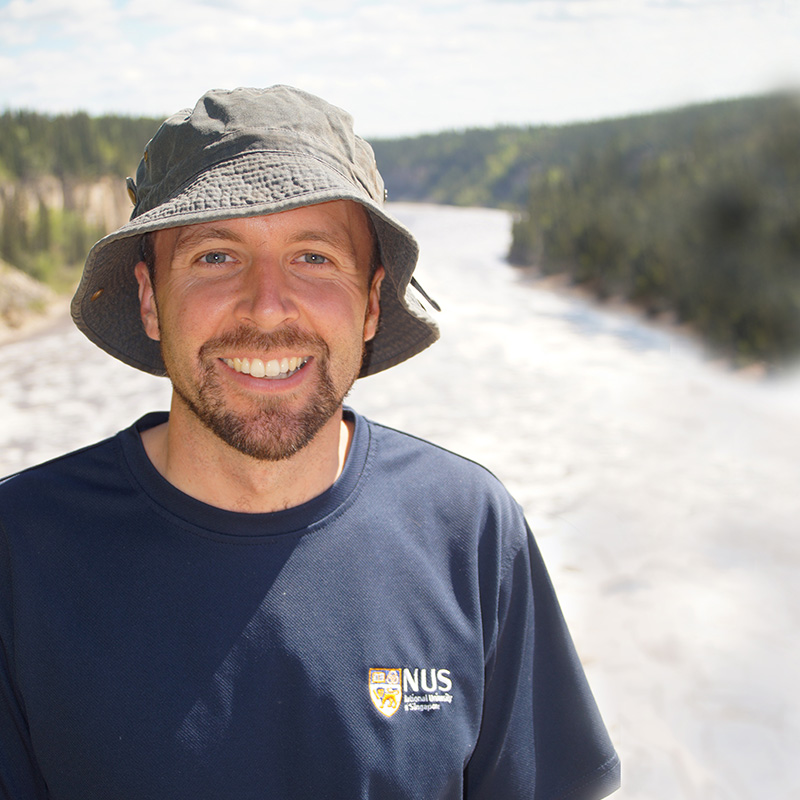
An associate professor in the School of Environment and Sustainability, Timothy Jardine has distinguished himself as an international leader in the field of applied aquatic ecology through a unique blend of disciplinary, interdisciplinary and transdisciplinary research. Jardine, who is affiliated with the Toxicology Centre and the Global Institute for Water Security, studies the biology of streams, rivers, and wetlands from the tropics to the Arctic. Jardine’s work has made vital and groundbreaking contributions to water research and to communities that live near water sources, and has established fruitful international collaborations in Brazil, Singapore and Australia.
The 2018 honorary degree recipients
Through conferring honorary degrees––the highest honour the U of S can bestow on an individual––the university recognizes individuals who have achieved outstanding accomplishments in research, scholarly and artistic works; performed exceptional public service; contributed greatly through their professional or philanthropic activity; and demonstrated great athletic prowess.
“The excellence these individuals represent in a variety of fields and disciplines is a reflection of the spirit and values that are foundational at our university,” said Peter Stoicheff, U of S president and vice-chancellor. “From one of Canada’s greatest hockey coaches, to one of the world’s most influential voices, to outstanding community leaders and builders, we are extremely proud to honour this remarkable group at our Spring Convocation ceremonies.”
The 2018 honorary degree recipients are:
Merlis Belsher
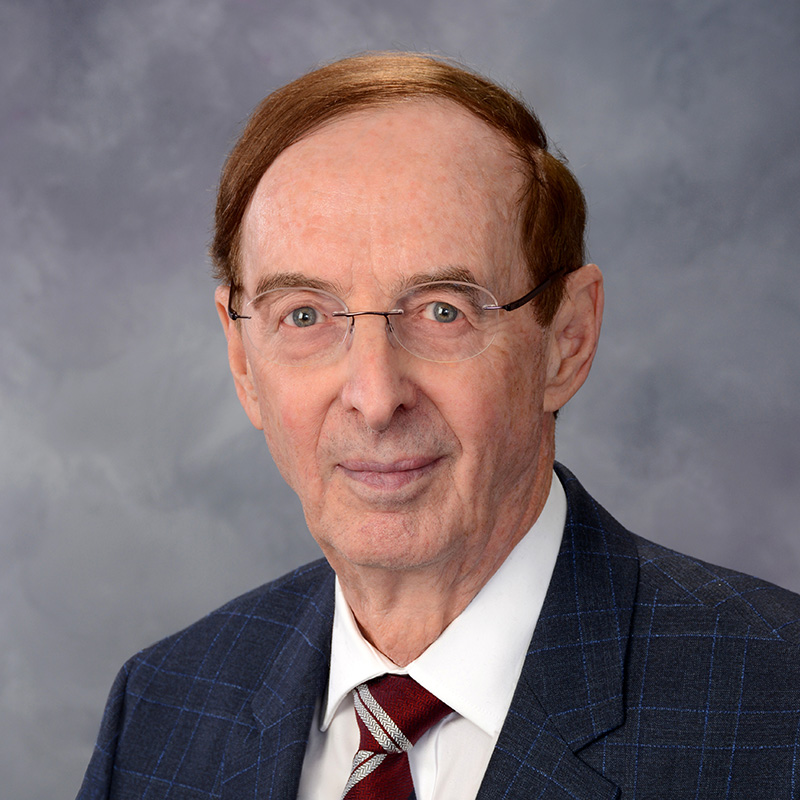
An accomplished accountant, lawyer, entrepreneur and philanthropist, Belsher is committed to building communities. A U of S graduate, Belsher’s leadership was instrumental in the development of the new Merlis Belsher Place multisport complex.
David Carpenter
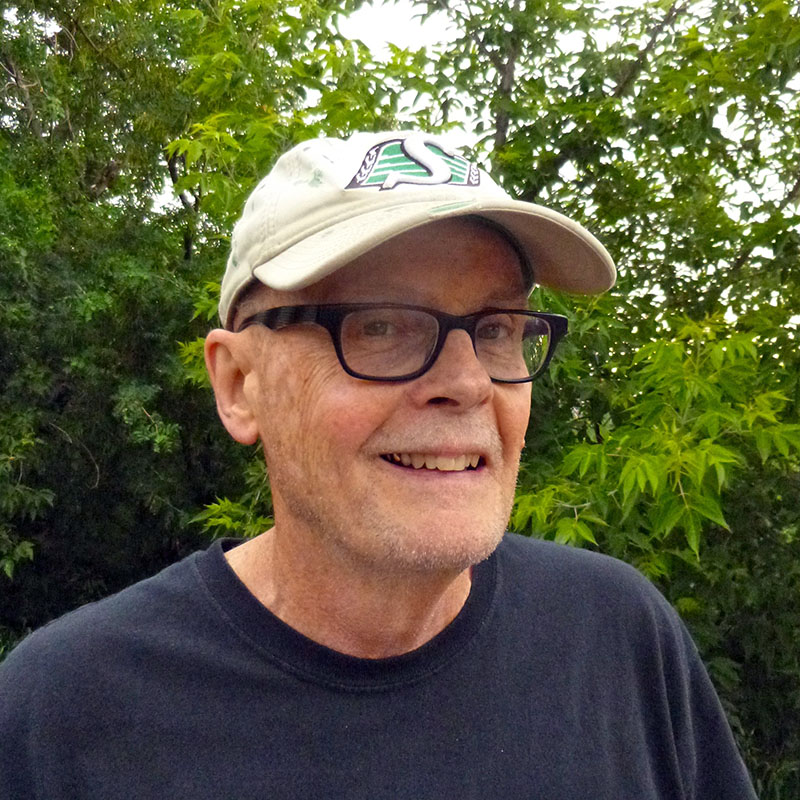
A renowned author, Carpenter has written five novels, three collections of short stories, four books of non-fiction and a book of poems. He is the editor of the three-volume Literary History of Saskatchewan.
Leonard Edwards

A U of S graduate, Edwards joined the Federal Public Service in the fall of 1969 as a Foreign Service officer. Over the next 32 years, he spent time serving Canada abroad, including posts as Canada’s ambassador to the Republic of Korea and to Japan.
Agnes Herzberg
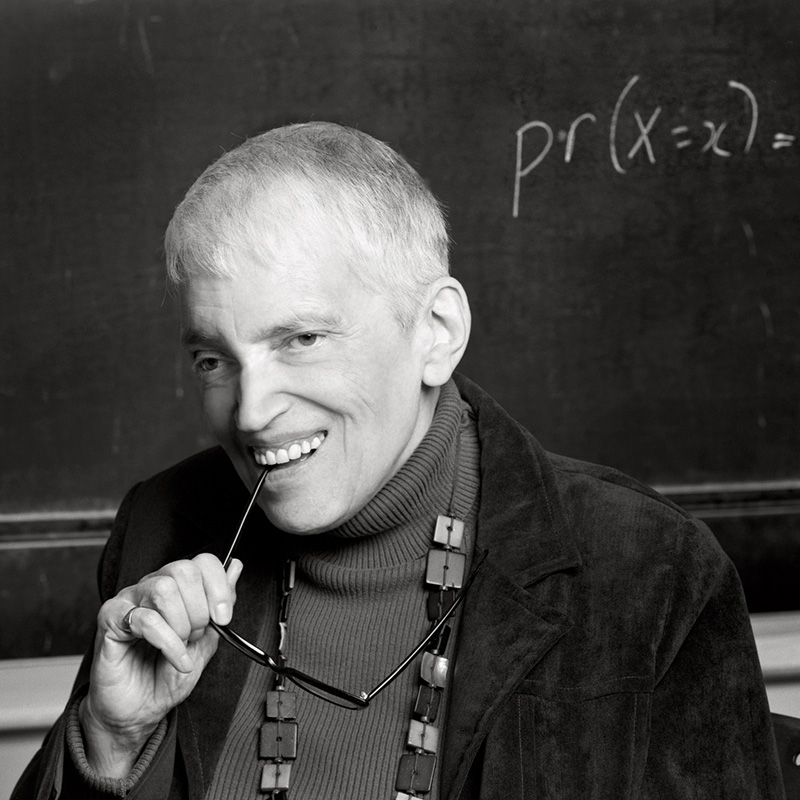
A noted Canadian statistician and U of S grad, Herzberg researches the statistical design of experiments including contributions to the design of clinical trials in medicine. Most recently, she co-authored a paper examining the noteworthy properties of Sudoku puzzles, including its potential for data compression.
Dave King
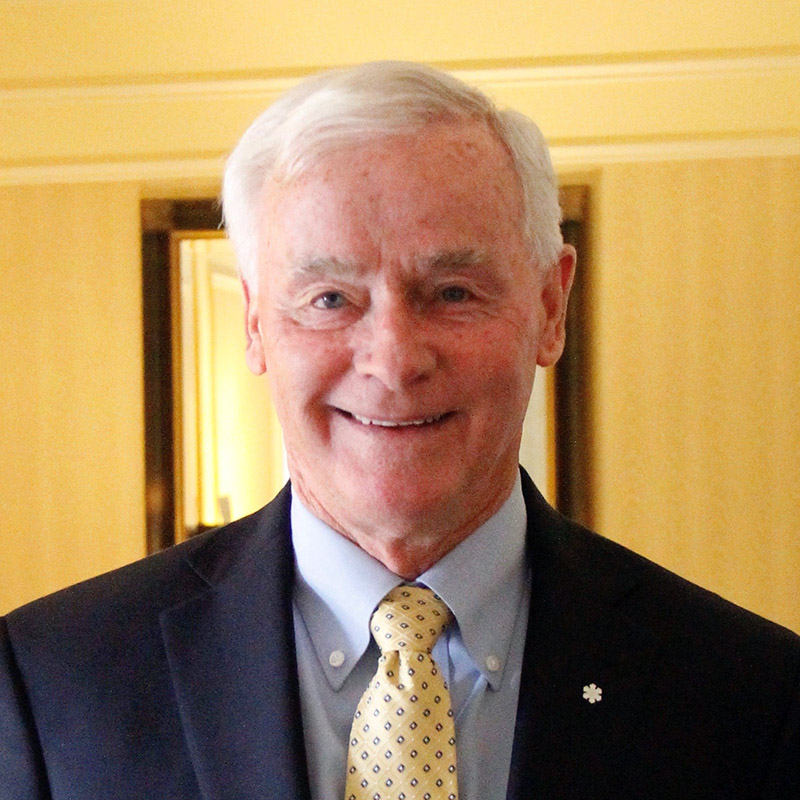
A legendary coach in Canadian hockey circles, King is a U of S graduate who has compiled a remarkable track record of success that spans five decades in the game nationally and internationally.
Joni Mitchell
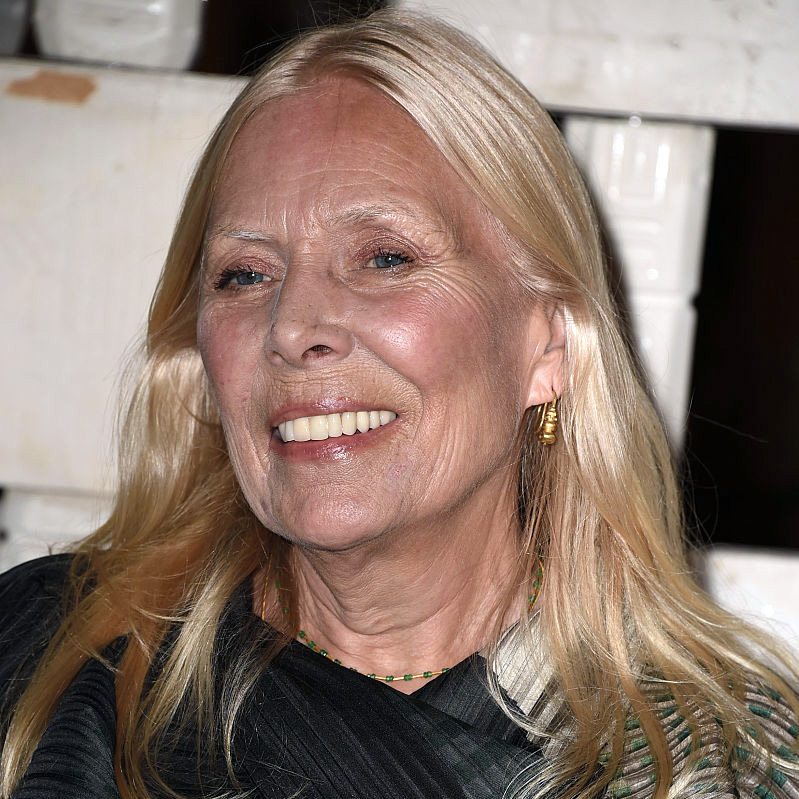
A generational talent, hailed by Rolling Stone magazine as “one of the greatest songwriters ever”, Mitchell’s musical influence is still widely heard today. Mitchell’s success took her to cities around the world. Saskatoon—where she grew up and learned to play piano and guitar—is her hometown.
Ross Petty
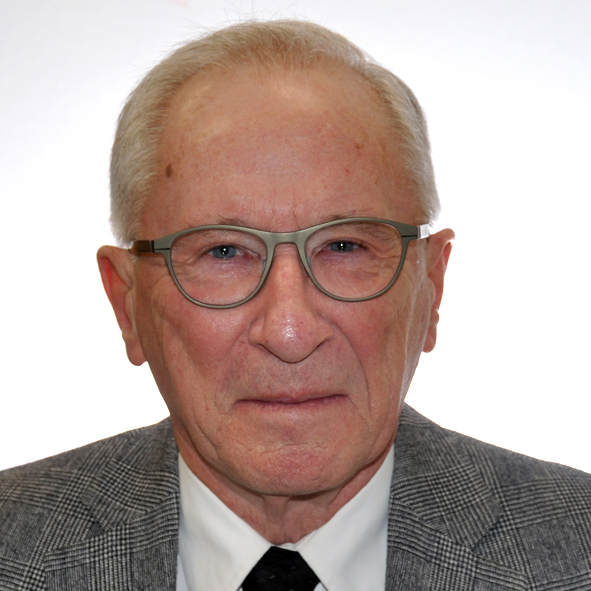
Petty, a graduate from the U of S College of Medicine, developed a comprehensive clinical, training and research program in pediatric rheumatology at the University of British Columbia. He is author of more than 250 original papers and book chapters.
Joseph Quewezance
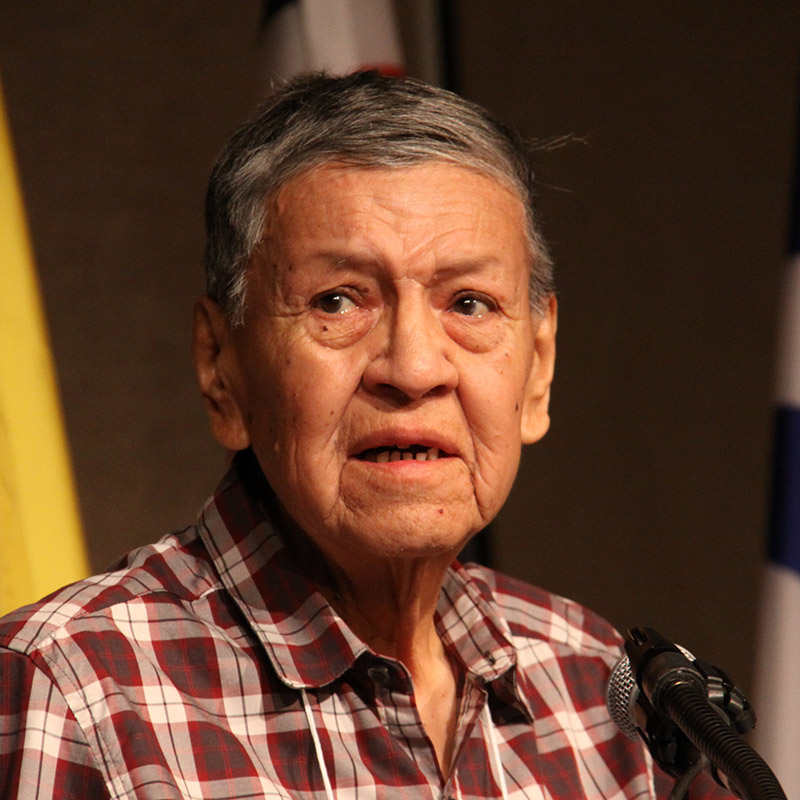
Quewezance has dedicated his career to improving the quality of life of First Nations communities in Saskatchewan by influencing public policy on all levels of government. During his three terms as Tribal Chief at Saskatoon Tribal council, he laid the foundation for many community partnerships with business, government and industry.

